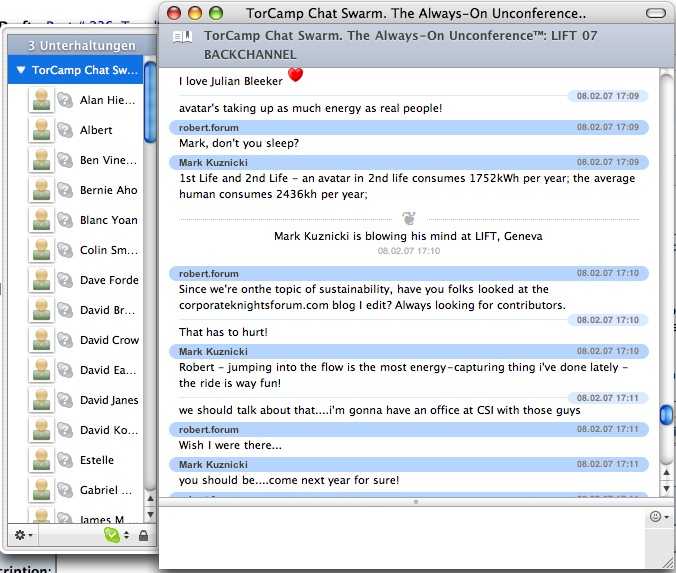MAY 12, 2017 – BUSINESSWIRE. Mountain View-based search giant Google Inc today announced they’ve acquired the internet for the astounding sum of $2,455.5 billion in cash. The deal had been rumored in various search blogs since the beginning of the year and was now confirmed by the company’s CEO. “This is in line with our vision to make information more accessible to end users,†says Eric Schmidt. “With the acquisition, we can increase the speed of indexing as everything will already be on our servers by the time it’s published.â€
In a conference call earlier today, Larry Page explained the strategy behind the acquisition. “We realized it’s not very cost-effective to buy the internet in smaller portions.†During the past two decades, Google had acquired YouTube for $1.65, DoubleClick for $3.1 billion, AOL for $12.5 billion, and last year, Microsoft for the record sum of $120 billion.
Questioned on the first steps the company would take integrating the internet onto their servers, Eric Schmidt announced immediate plans to redirect Yahoo.com to Google’s own search engine. “From an end user perspective, having two search engines is just bad usability, and [causes confusion]. While we appreciate Yahoo’s recent advances in search technology, we felt this move is best aligned with the interests of our advertisers, users and shareholders.†Eric added, “By leveraging third-generation mobile platforms in sustainable verticals, new monetization opportunities can manifest into an improved web experience, greatly benefiting investors and digerati alike – a true paradigm change synergizing the Web 6.0 framework on the enterprise level.â€
Accompanying Google’s acquisition revelation, privacy groups today released a paper criticizing the move. However, Larry Page argues that privacy is improved by Google’s acquisition, explaining that “[the] main privacy issues for users today are data leaks to third parties. By eliminating all third parties, we closed this hole.†Eric Schmidt adds that Google intends to replace their current privacy policy with a “privacy scale†which better balances necessary compromises. “When you can improve the privacy of a large group of people by violating the privacy rights of a small number of people, in the end this improves overall privacy.â€
The Chinese government in the meantime congratulated Google Inc on their move. Regarding the potentials of expanded censorship, Sergey Brin told members of the press that Google would now drop all search results filtering and instead “address the root problem from a publisher perspective†by directly blocking certain keywords the time they are entered in Google-owned tools such as Blogger, Gmail, Page Creator, Yahoo 360 and MSN Spaces. Amnesty International and Reporters Without Borders were not available for comment at this time due to temporary technical problems with their web-based email clients.
Via: http://blog.outer-court.com/archive/2007-04-14-n32.html


 The IOC annouced the first “Blogging Guidelines” for the olympic games in Beijing. “The IOC considers blogging…as a legitimate form of personal expression and not a form of journalism,” the IOC said.
The IOC annouced the first “Blogging Guidelines” for the olympic games in Beijing. “The IOC considers blogging…as a legitimate form of personal expression and not a form of journalism,” the IOC said.







